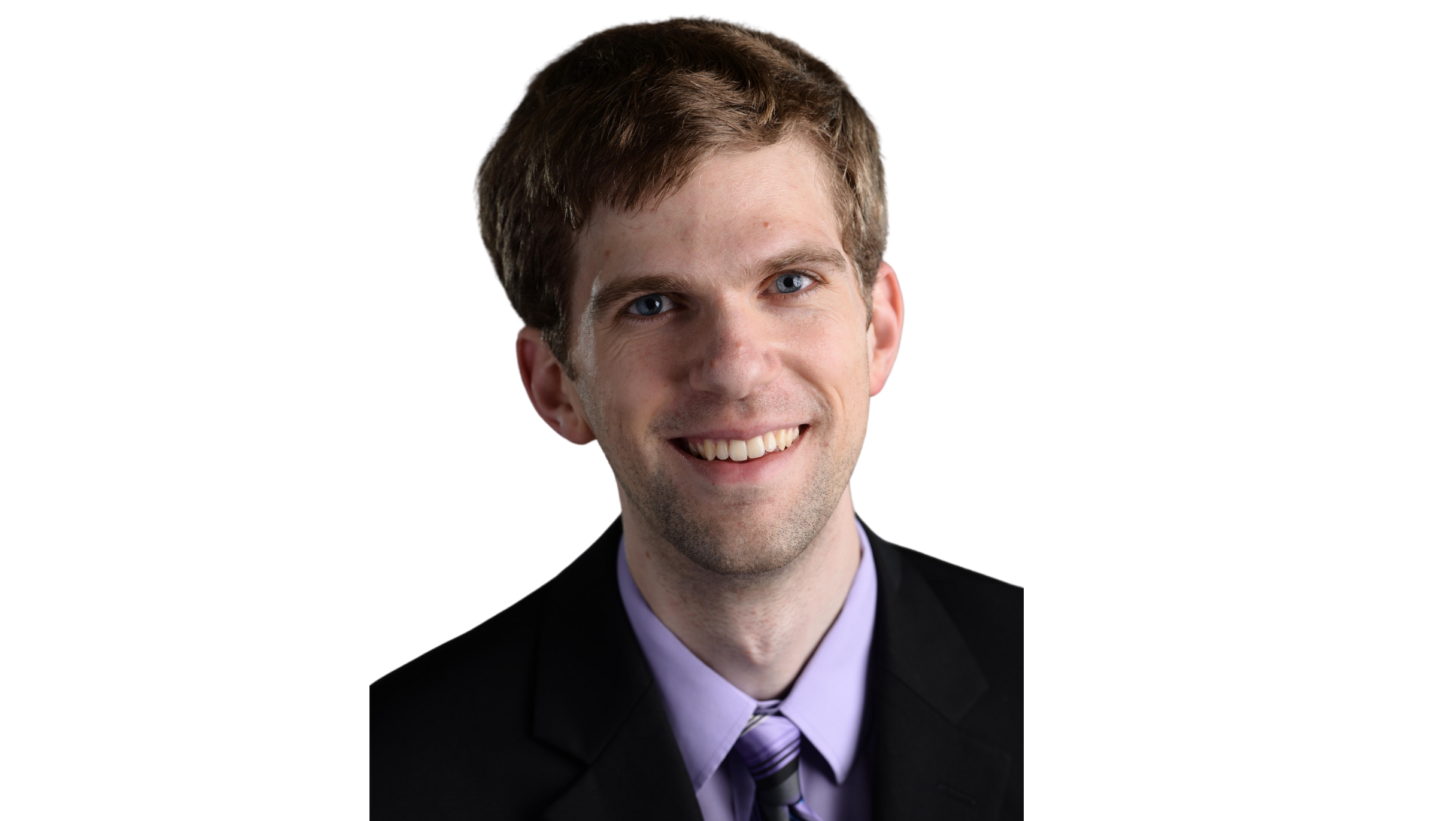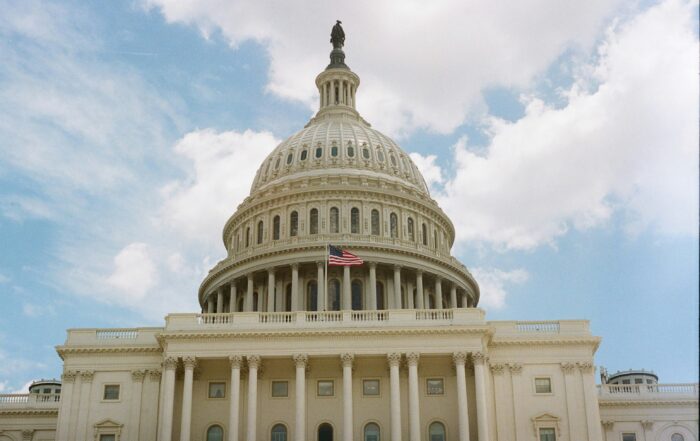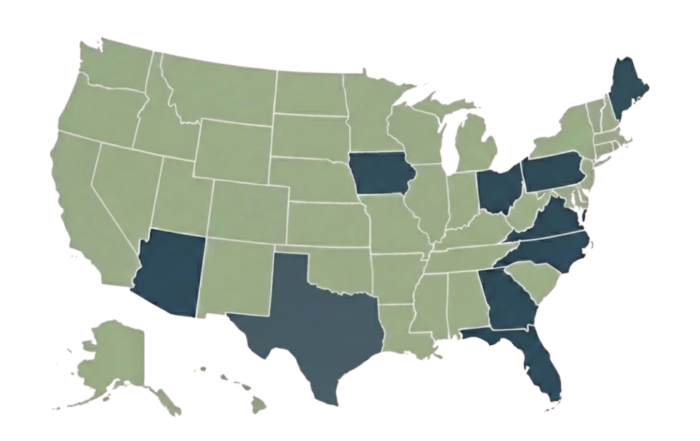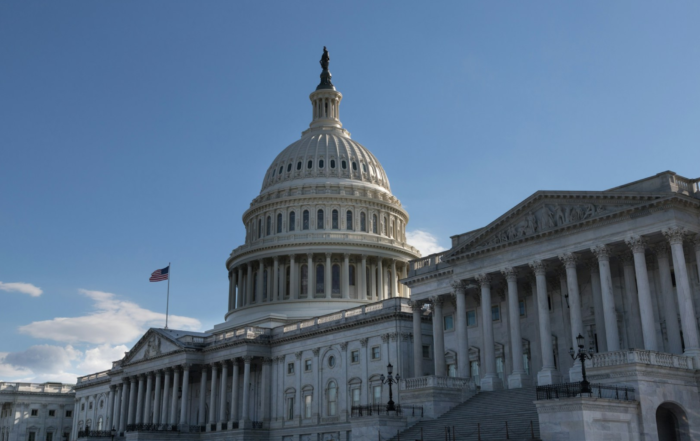The clean energy transition is no longer a distant goal—it’s happening now, and David Schutt is helping steer the conversation—and the policy—on Capitol Hill. Today we’re featuring David Schutt, executive director of the U.S. House Sustainable Energy and Environment Coalition (SEEC).
Know someone who should be featured? Email us: info@echocomms.com.
About David: David Schutt is the executive director of the Sustainable Energy and Environment Coalition (SEEC) in the U.S. House of Representatives. SEEC is a caucus of 100 House Democratic lawmakers focused on advancing policies related to clean energy, climate action, and environmenthttps://echocomms.com/wp-admin/post.php?post=1103&action=edit#al protection. As executive director, he coordinates the coalition’s legislative strategy, facilitates collaboration among its members, and engages with external stakeholders to promote SEEC’s priorities.
Schutt assumed the role in October 2021 and has worked in Congress for 11 years, with previous experience in the offices of Rep. Julia Brownley (D-CA), former Rep. Mike Capuano (D-MA), and Sen. Tammy Baldwin (D-WI). He has a Master of Public Policy degree from George Washington University and a bachelor’s degree from Earlham College.
We spoke with David over email recently:
How did you first get involved in clean energy and climate policy, and what led you to become the executive director of SEEC?
David Schutt: While I always had a passing interest in climate, I first came to Congress without a specific policy space in mind that I wanted to work on. My focus was more on learning about the institution and how to successfully get things done here. And then a few years into my career, my boss lost his reelection and I needed a new job. And the job that I got happened to be a climate policy job. And somewhat unexpectedly to me, I quickly fell deeply and utterly in love with the space. It is so dynamic with constantly new things to learn, from new technologies, to different laws and legal landscapes, and to such a broad array of stakeholders, because everyone has a stake in the climate conversation (whether they recognize it or not).
So I started working on the issue from a personal office in the House, and after a couple of years, the opportunity opened up to come over to SEEC, which would allow me to dedicate my full attention to these issues. I also get to approach them from a unique perspective that is rare for staffers on the Hill, in that I’m not limited in my scope by committee jurisdictional lines (though of course a big part of my job is working closely alongside committees), nor am I limited in just representing a specific district or state. I truly get to work on these issues from a national perspective, which I love.
Given the current political dynamics in Washington and on Capitol Hill, what advice would you offer to clean energy advocates?
DS: Our space is already winning, and it is going to win long term. The only remaining question is at what pace. We have categorically put to bed the notion of having to pick either supporting the economy or the environment. They are inextricably linked. The clean economy is the engine of economic growth for the future, especially if you look at the global context. And the economy is in constant threat by neglecting environmental challenges like climate change. So we need to lean into that economic message angle over and over, ad nauseam.
Separately, on a personal level. While this is certainly a space with its highs and lows, what keeps me motivated is that every fraction of a degree of warming your small effort can prevent, that translates into real lives saved. And that’s not always true in other policy spaces.
What’s the biggest risk you’ve ever taken?
DS: Turning down off-Hill jobs both, when I was an unpaid intern and again during a bout of unemployment after my boss lost reelection, because I was determined to land jobs in Congress. This is the only place I’ve ever worked, and I hope to spend many more years here to come. But those decisions came with massive amounts of anxiety in the moment!
What’s something about you that might surprise people?
DS: The most common surprise that I see is when people meet me in person after only interacting with me in virtual calls. They do not expect to see a 6’7” person approach them. And then also, while I’m somewhat lapsed because of the pandemic and then having a kid, I am also a tower bell ringer at the Washington National Cathedral. If you don’t know what I’m talking about, I encourage you to look up a video on YouTube.
Know someone who should be featured? Email us: info@echocomms.com.
Check out our recent insights and conversations:
Sign up for our newsletter
Receive updates on our work, industry news, and more.




